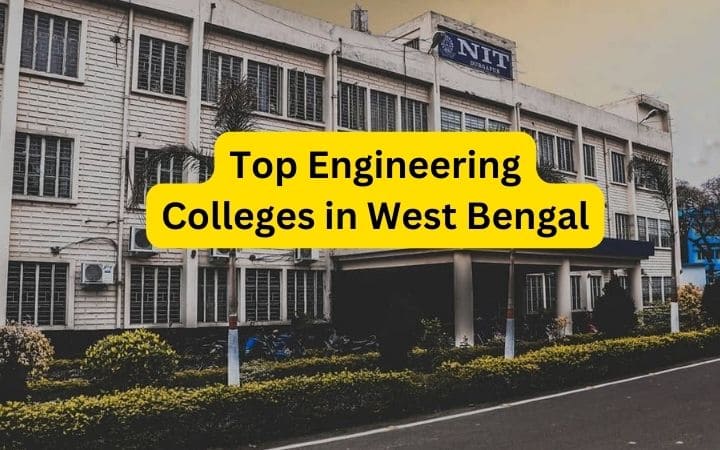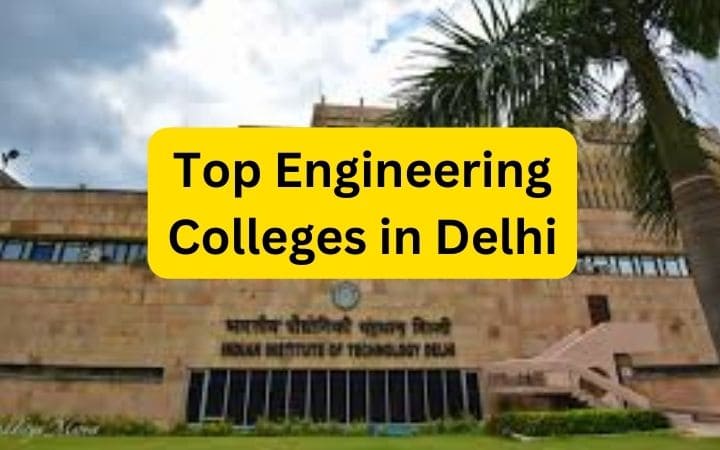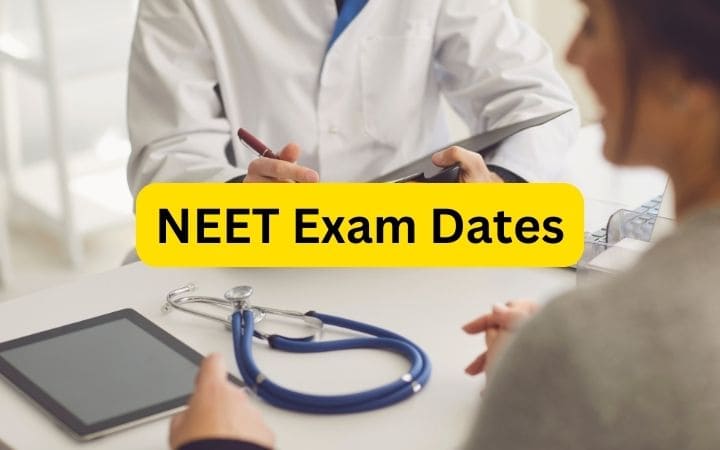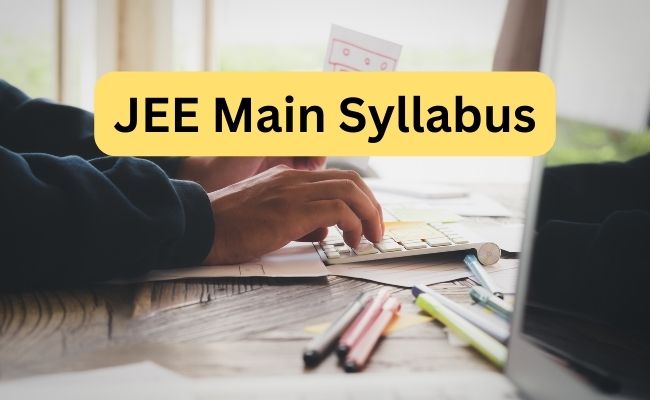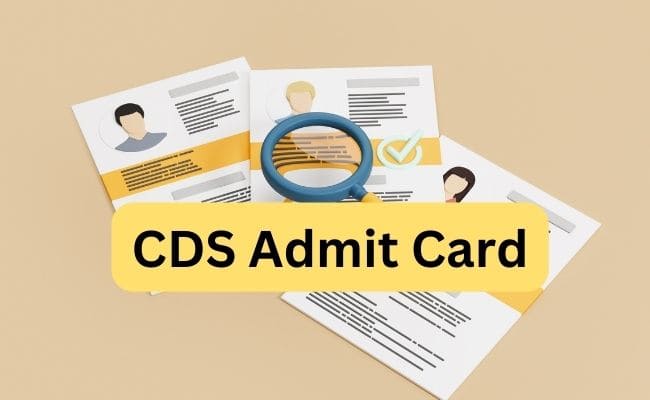Contents
Syllabus for UPSC Combined Medical Services Exam 2022
UPSC Combined Medical Services Exam Syllabus 2022 – Every preparation starts after the complete understanding of the syllabus for the paper. UPSC conducted examination for the combined medical services for the choice of the applicants for various medical posts. The paper contains two papers each of 250 marks. UPSC CMS syllabus for both of them may be a little vast and detailed. The exam aspirants got to prepare well before the exam acknowledging the extent of the syllabus for UPSC CMS exam 2022. Look into the detailed UPSC CMS syllabus 2022 for both the papers from the upcoming sections below.
Applicants can find the detailed syllabus for Paper-1 and Paper-2 from below. Well, knowledge of syllabus may be a must to organize efficiently for the exam. therefore the UPSC medical exam syllabus we’ve given within the article is decided by the previous year notification. Check out the detailed syllabus from below for both the papers respectively.
Also See: UPSC Exam Dates
SCHEME OF COMBINED MEDICAL SERVICES EXAMINATION: TO BE MADE EFFECTIVE FROM CMSE 2021
The examination shall be conducted according to the following plan:‐
Part‐I: Computer Based Examination – (500 marks)
The applicants will take the Computer based examination in two Papers, each Paper carrying a maximum of 250 marks. Each Paper will be of two hours duration.
Part‐II: Personality Test: (100 Marks):
Personality test carrying 100 marks of such of the applicants who qualify on the results of the Computer based examination.
Check out:
(A) Computer based Examination:
1. The components and syllabi of two Papers and the weightage to different components in the two papers are given below: ‐
Paper I Maximum
(Code No. 1) Marks: 250
General Medicine and Paediatrics:
Total questions in Paper I = 120 (96 from General Medicine and 24 from Paediatrics);
Syllabus of Paper‐I
- General Medicine including the following:
- Cardiology
- Respiratory diseases
- Gastro‐intestinal
- Genito‐Urinary
- Neurology
- Hematology
- Endocrinology
- Metabolic disorders (ix)Infections/Communicable Diseases
- Virus
- Rickets
- Bacterial
- Spirochetal
- Protozoan
- Metazoan
- Fungus
- Nutrition/Growth
- Diseases of the skin (Dermatology)
- Musculoskelatal System
- Psychiatry
- General
- Emergency Medicine
- Common Poisoning
- Snake bite
- Tropical Medicine
- Critical Care Medicine
- Emphasis on medical procedures
- Patho physiological basis of diseases
- Vaccines preventable diseases and Non vaccines preventable diseases
- Vitamin deficiency diseases
- In psychiatry include – Depression, psychosis, anxiety, bipolar diseases and
- Paediatrics including the following ‐
- Common childhood emergencies,
- Basic new born care,
- Normal developmental milestones,
- Accidents and poisonings in children,
- Birth defects and counseling including autism,
- Immunization in children,
- Recognizing children with special needs and management, and
- National programmes related to child
Paper II Maximum
(Code No. 2) Marks : 250
- Surgery
- Gynaecology & Obstetrics
- Preventive & Social Medicine
Total questions in Paper II = 120 (40 questions from each part.)
Syllabus of Paper ‐ II
(A) Surgery
(Surgery including ENT, Ophthalmology, Traumatology and Orthopaedics)
(1) General Surgery
- Wounds
- Infections
- Tumours
- Lymphatic
- Blood vessels
- Cysts/sinuses
- Head and neck
- Breast
- Alimentary tract
- Oesophagus
- Stomach
- Intestines
- Anus
- Developmental
- Liver, Bile, Pancreas
- Spleen
- Peritoneum
- Abdominal wall
- Abdominal injuries
(II) Urological Surgery
(III) Neuro Surgery
(IV) Otorhinolaryngology N.T.
(V) Thoracic surgery
(VI) Orthopedic surgery
(VII) Ophthalmology
(VIII) Anesthesiology
(IX) Traumatology
(X) Diagnosis and management of common surgical ailments
(XI) Pre‐operative and post operative care of surgical patients
(XII) Medicolegal and ethical issues of surgery
(XIII) Wound healing
(XIV) Fluid and electrolyte management in surgery
(XV) Shock patho‐physiology and
(B) GYNAECOLOGY & OBSTETRICS
(I) OBSTETRICS
- Ante‐natal conditions
- Intra‐natal conditions
- Post‐natal conditions
- Management of normal labours or complicated labour
(II) GYNAECOLOGY
- Questions on applied anatomy
- Questions on applied physiology of menstruation and fertilization
- Questions on infections in genital tract
- Questions on neoplasma in the genital tract
- Questions on displacement of the uterus
- Normal delivery and safe delivery practices
- High risk pregnancy and management
- Abortions
- Intra Uterine growth retardation
- Medicolegal examination in obgy and Gynae including
(III) FAMILY PLANNING
- Conventional contraceptives
- U.D. and oral pills
- Operative procedure, sterilization and organization of programmes in the urban and rural surroundings
- Medical Termination of Pregnancy
(c) PREVENTIVE SOCIAL AND COMMUNITY MEDICINE
- Social and Community Medicine
- Concept of Health, Disease and Preventive Medicine
- Health Administration and Planning
- General Epidemiology
- Demography and Health Statistics
- Communicable Diseases
- Environmental Health
- Nutrition and Health
- Non‐communicable diseases
- Occupational Health
- Genetics and Health
- International Health
- Medical Sociology and Health Education
- Maternal and Child Health
- National Programmes
- Management of common health problems
- Ability to monitor national health programmes
- Knowledge of maternal and child wellness
- Ability to recognize, investigate, report, plan and manage community health problems including malnutrition and emergencies.
2. The Computer based examination in both the papers will be completely of objective (Multiple choice answers) type. The question Papers (Test Booklets) will be set in English
3. Applicants must mark the Papers themselves. In no circumstances will they be allowed the help of a scribe to mark answers for
4. The Commission have discretion to fix qualifying marks in any or both the papers of the
5. Penalty for wrong answers
There will be penalty (Negative Marking) for wrong answers marked by a applicant in the objective type question papers.
- There are four alternatives for the answers to every question. For each question for which a wrong answer has been given by the applicant, one third of the marks assigned to that question will be deducted as penalty.
- If a applicant gives more than one answer, it will be treated as a wrong answer even if one of the given answers happens to be correct and there will be same penalty as above for that
- If a question is left blank i.e. no answer is given by the applicant, there will be no penalty for that question.
6. Applicants are not permitted to use calculators for answering objective type papers. They should, therefore not bring the same inside the Examination
7. Both the Papers of the CMSE will be of MBBS standard.
(B) PERSONALITY TEST – (100 marks):
Applicants who qualify in the computer based examination will be called for Interview/Personality Test to be conducted by the Union Public Service Commission. The Interview/Personality Test will carry 100 marks.
The Interview for Personality Test will be intended to serve as a supplement to the computer based examination for testing the General Knowledge and ability of the applicants in the fields of their academic study and also in the nature of a personality test to assess the applicant’s intellectual curiosity, critical powers of assimilation, balance of judgement and alertness of mind, ability for social cohesion, integrity of character, initiative and capability for leadership.
Also Apply Indian Navy SSC Officer Recruitment 2022

